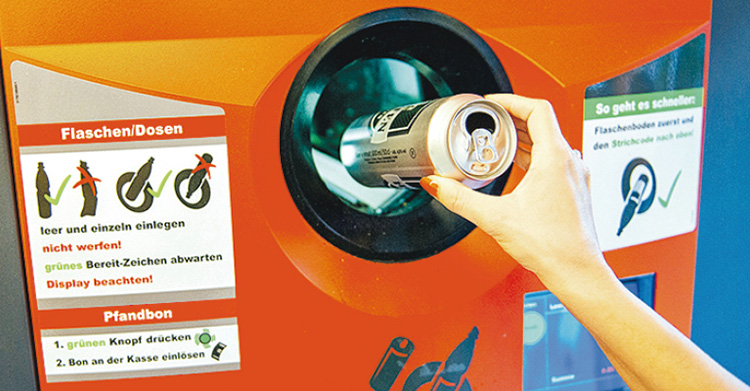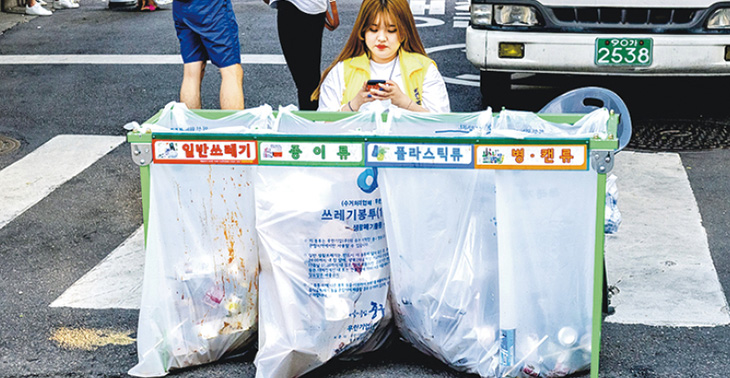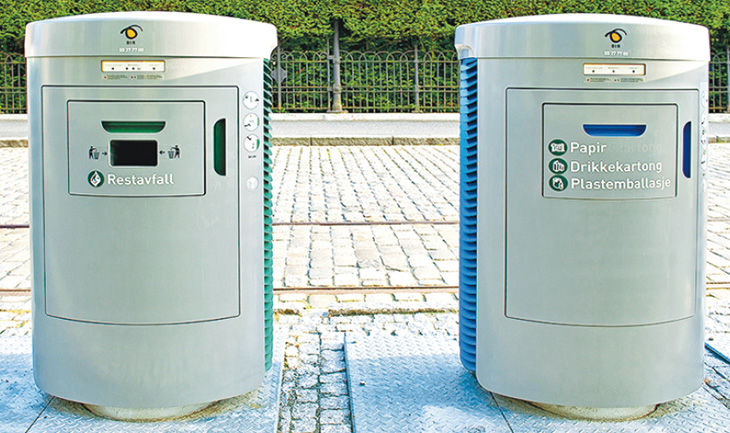Horizon:World's recycling leaders(组图)
发布 : 2025-9-10 来源 : 明报新闻网

用微信扫描二维码,分享至好友和朋友圈
发布 : 2025-9-10 来源 : 明报新闻网
用微信扫描二维码,分享至好友和朋友圈

Germany - The Green Dot system and deposit return scheme. (Drazen_@iStockphoto)

South Korea - Mandatory food waste recycling. (VittoriaChe@iStockphoto)

Norway - Reverse vending machines. (Issaurinko@iStockphoto)
Germany - The Green Dot system and deposit return scheme
Germany is often recognised as the world's top recycler, with a recycling rate of around 66%. Specific categories show impressive results, with packaging recycling reaching over 90% and glass from households close to 100%. Its success comes from the famous Green Dot system. Manufacturers pay for the recycling of their packaging, encouraging eco-friendly design and less waste.
South Korea - Mandatory food waste recycling
With its strong public discipline, South Korea has achieved a recycling rate of around 60%. In 2013, a mandatory food waste recycling programme was launched, requiring the separation of food waste from other rubbish. Fines can be issued for improper disposal. Citizens must also buy official government rubbish bags for general waste.
Norway - Reverse vending machines
Norway is famous for its innovative and highly successful deposit return system for plastic bottles and cans. Reverse vending machines are placed across the country, allowing people to return empty beverage containers and instantly receive small refunds. The system achieves an outstanding return rate of over 90%, demonstrating how a simple yet smart design can change public behaviour.
■Gear up
(Answer on next text)
1. Which of the following is true?
A. German manufacturers simplify their packaging design to save costs.
B. Rubbish bags in South Korea are free of charge.
C. Food waste goes to landfill in South Korea.
■Glossary
involvement (n) 参与
deposit (n) 押金
mandatory (adj) 强制的
reverse (adj) 反向的
(All images and text copyrighted. No unauthorised print or digital use. Criticisms on this publication, if any, are aimed at pointing out the errors or defects of certain systems or policies with a view to rectifying or eradicating such errors or defects, as well as prompting improvement or remedy for them via lawful means. There is absolutely no intention of inciting hatred, discontent or hostility towards the government or other classes of the community.)
[Smarties' Power English 第445期]
